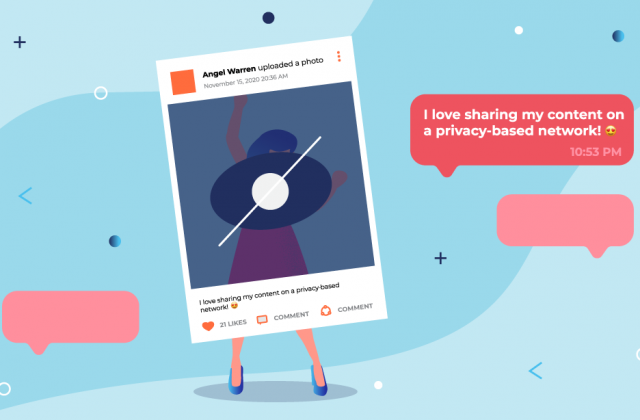There is a misconception among many web users that, having once accessed and tweaked their privacy settings, they no longer have to think about such matters ever again.
The reality is that this couldn’t be further from the truth. Anybody who wishes to use a range of online services needs to develop the habit of doing an annual privacy sweep.
Especially if they wish to stay aware and in control of how their data can and can’t be used.
The problem for web users is that these days we do a lot of stuff online. Most of this activity generates lots of valuable data. Various marketers and corporations are very keen on using it so they can be more successful at selling you their products.
This is the first key point – visit the privacy settings
We are not only talking about Facebook here but instead any web service that collects personalized data about you. So, whether it’s your Amazon account or your Chrome browser pay attention.
All of these services require some management if you wish to restrict to any extent how your data can be used.
The second key point – take your data privacy audit
All of these services have very fluid privacy developments. That means user cannot take for granted that new features and settings have not been introduced since their last privacy settings check.
Obviously most of us don’t have time to monitor the developments of multiple 100-page privacy policies on a daily basis.
Therefore, we would recommend something along the lines of an annual ‘privacy audit’
Take a quick check of the privacy settings for all your main web services and accounts. Developing this habit will put you in good stead for an increasingly connected future.
Making sure that the security software, for example, has the newest updates will protect us from getting malware or trojan horses that could steal our information.
Although most programs have automatic updates, it is necessary to check them from time to time. It will not take you more than 10 minutes to get the updates.
The bottom line is – This ‘privacy audit’ habit should form part of what we would consider a basic level of web literacy.
All users should avoid being vulnerable or exploited on the web out of ignorance. Or, not to know anything about how the services they use actually affect their online privacy.
Choose your passwords wisely – don’t use your pet’s name only
Do you have the word “blue” in any of your passwords? Do you use the same password for more than one website?
Did you know that you should seek advice from red-haired women if you wish to protect your data online? These and many more flows of us humans related to internet security were researched and published by different studies indicating the most common mistakes we make.

What seems to be the problem? An article, published on BBC, revealed the truth:
“The number one conclusion from looking at that data – people are lousy at picking good passwords.”
Apart from being lousy, we are also lazy, the studies showed. It is, in a way, understandable that we choose words and numbers that we can easily remember, and those are usually the names of siblings, pets, children, birthdays, wedding dates, etc.
So, how to make a strong password?
“A good password would be a phrase or combination of characters that has little or no connection to the person picking it.”
Now that you know, remember, stop reusing passwords! Moreover, if you want to find out how predictable your passwords are, read this article and visit Telepathwords.
Connect to trusted Wi-Fi Networks only
Think twice before going online. Networks with strange and ridiculous names, or the usual ones such as Free Public Wi-Fi, which do not require a password, are not necessarily secure.
The majority of these networks are not secured at all. What you can do is to adjust your settings (such as an automatic log into Wi-Fi hotspots).
This is a key component of what we should be teaching all new web users
Whether we are speaking about elderly generations coming online for the first time or even kids growing up with the web. They are all vulnerable in an age when a lack of online privacy is increasingly normalized.
So, if this sounds like a good idea to you, stick it in your calendar. Try to understand better what web companies do with your data and how you can negotiate your settings to find a satisfactory compromise.
In years to come, you’ll be grateful that you developed an early awareness of managing this aspect of your online life.



